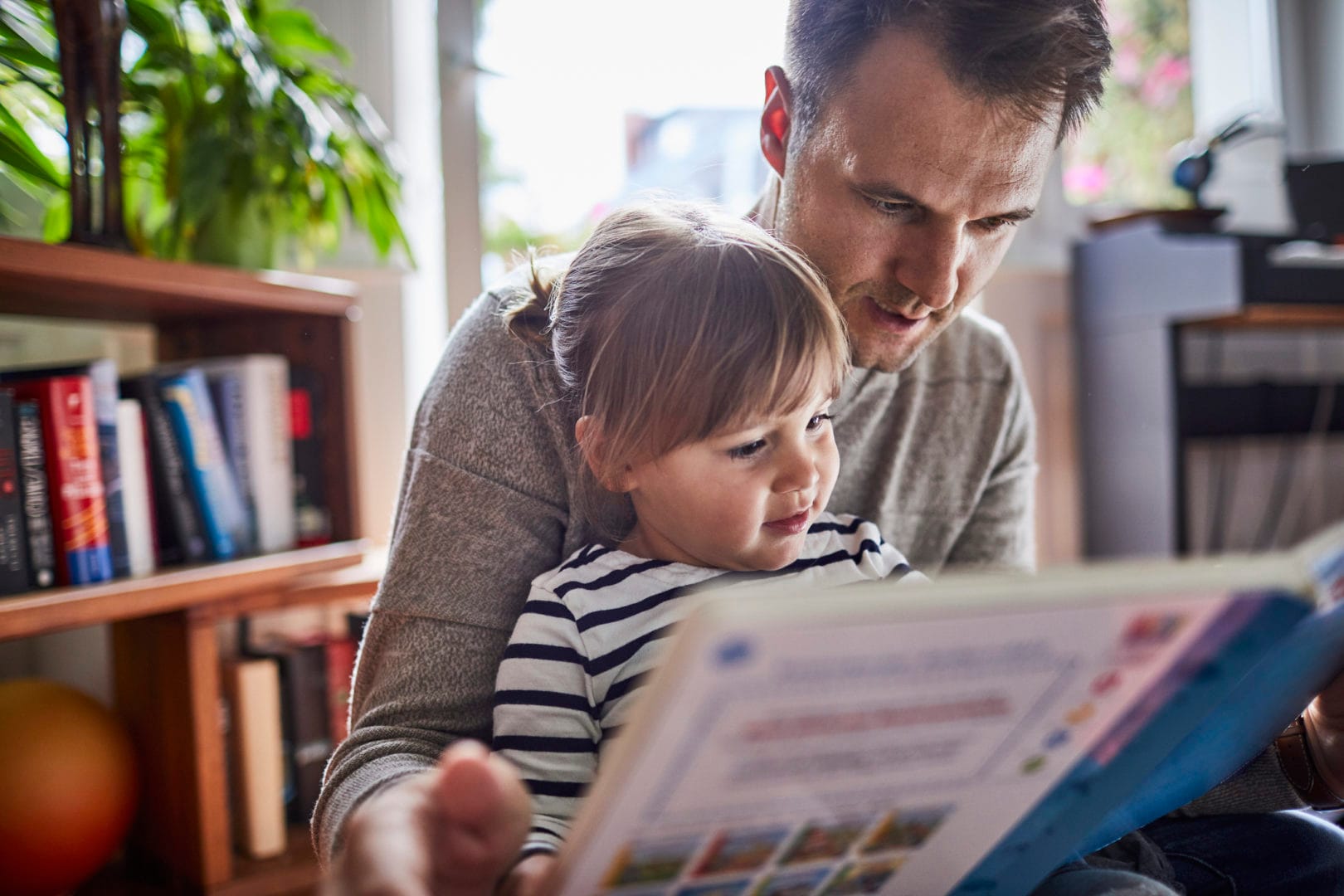The only thing better than curling up with a good book is curling up with your little one and a good book. And even better than that? Sharing books that contain moral stories or that teach important lessons.
While reading to children has numerous educational benefits, such as rapidly increasing their vocabulary and their understanding of sentence structure, introducing books that contain moral stories for kids, such as the importance of being kind, packs a double-punch.
Research has shown that moral stories for kids — stories that impart values or teach a lesson — can both increase positive behavior in children and reduce negative behavior. One of the reasons? Stories, with their interesting characters, brilliant pictures and compelling plots, captivate children’s attention and create clear mental pictures — something run-of-the-mill lectures from mom or dad may not be able to do.
Looking for good moral stories for kids of all ages? Here are 27 children’s books you can read with your young child to instill important morals and values.
Value: Honesty
1. “David Gets In Trouble” by David Shannon
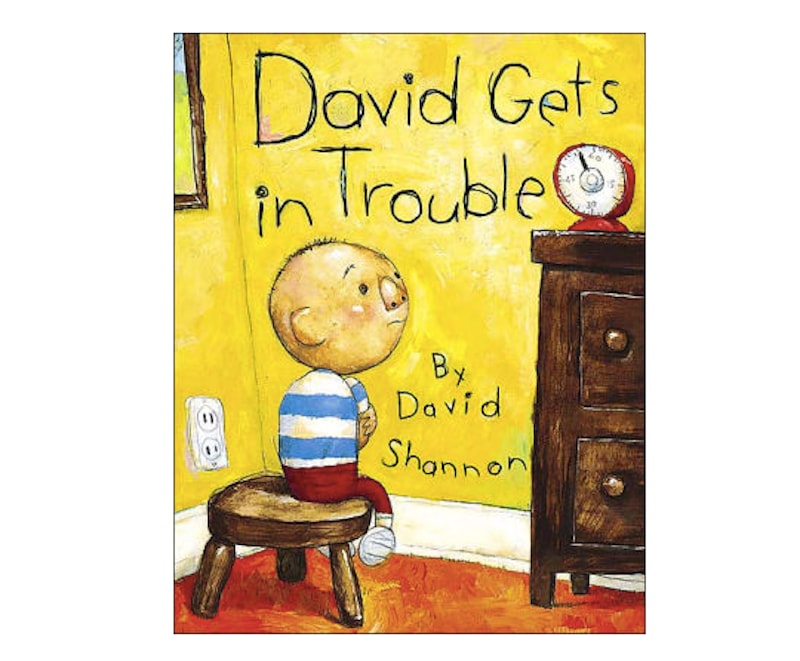
The moral of the story: We should always own up to our actions, even if we’re afraid we might get in trouble.
In this story, David can’t ever seem to admit when he has done something wrong and instead has an excuse for everything. He finally realizes he feels much better when he tells the truth.
Join Care for free
Where to buy: “David Gets In Trouble” ($13, Amazon)
2. “The Empty Pot” by Demi
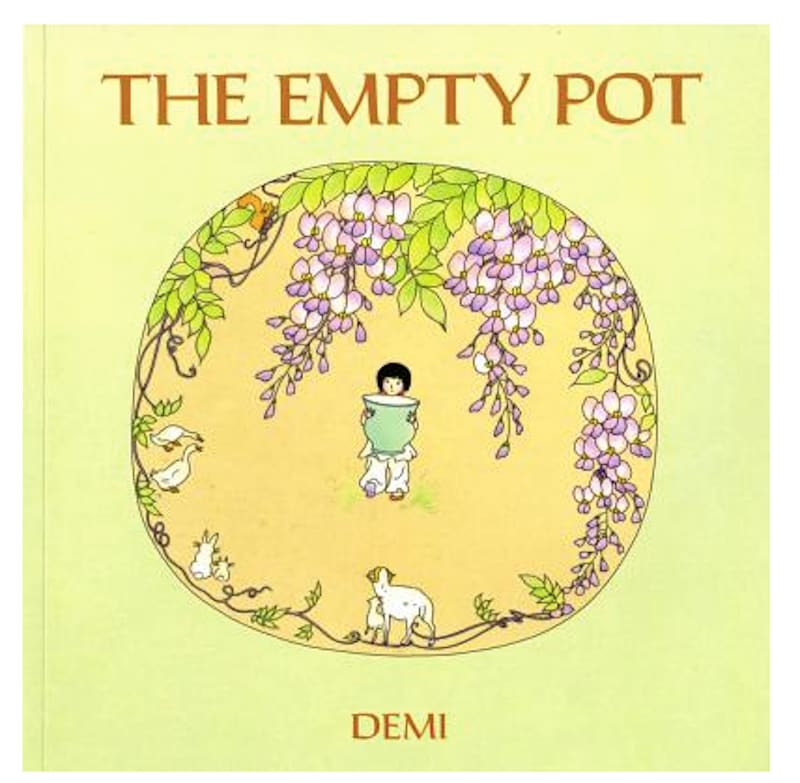
The moral of the story: Being honest, even when it may disappoint someone, is always the best policy.
A Chinese emperor holds a contest to see who will be his successor. Whoever grows the most beautiful flower will be the winner. Although Ping works diligently on his flower, it just doesn’t grow. He presents the empty pot to the emperor and is rewarded for his honesty.
Where to buy: “The Empty Pot” ($7, Amazon)
3. “The Honest-To-Goodness Truth” by Patricia C. McKissack
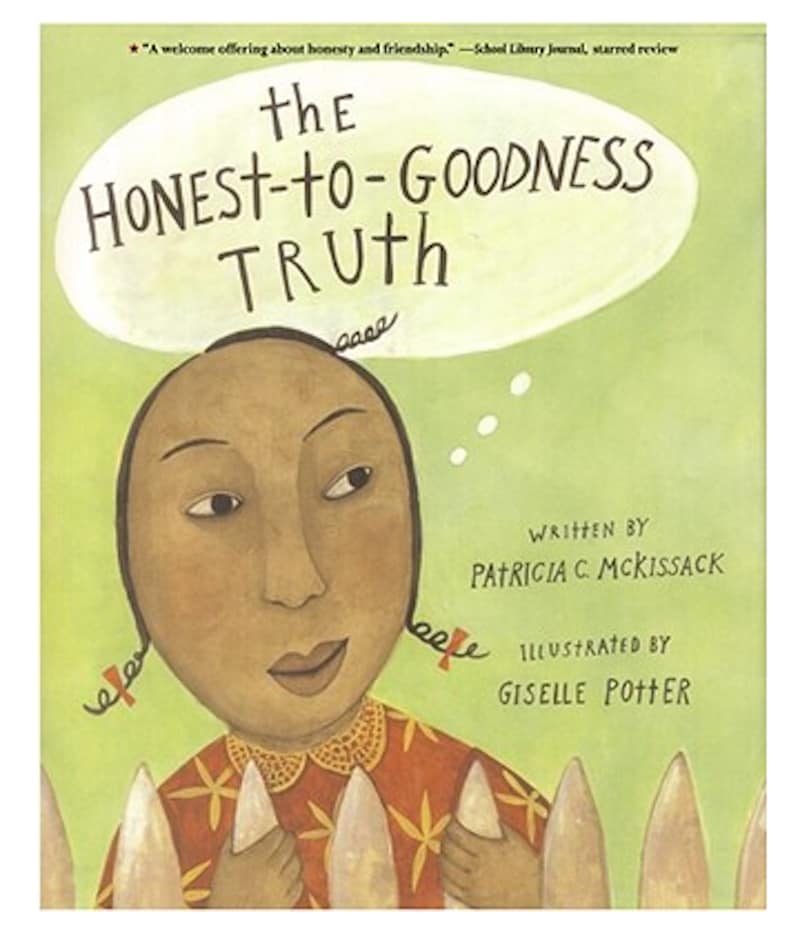
The moral of the story: Best for kids 6 and up, this book deals with the nuanced balance of telling the truth without hurting others’ feelings.
After being caught in a lie, Libby vows to only tell the truth from now on, but soon she’s upsetting everyone in town with her honest ways. She can’t figure out what the problem is until a conversation with her mom helps her understand that there may be a right and a wrong way to tell the truth.
Where to buy: “The Honest-To-Goodness Truth” ($8, Amazon)
Value: Responsibility
4. “What If Everybody Did That?” by Ellen Javernick
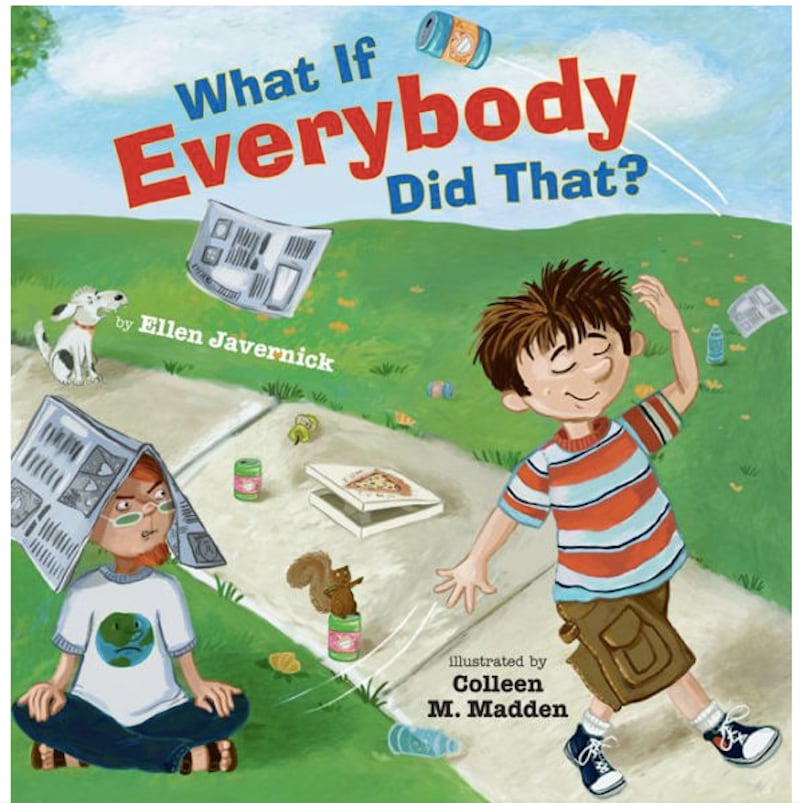
The moral of the story: All of our actions, no matter how small, affect the world around us.
This story asks kids to imagine what would happen if everyone broke the rules all the time. A little boy’s seemingly small negative actions build up throughout the story as he is asked each time “What if everybody did that?”
Where to buy: “What If Everybody Did That?” ($6, Amazon )
5. “Strega Nona” by Tomie dePaola
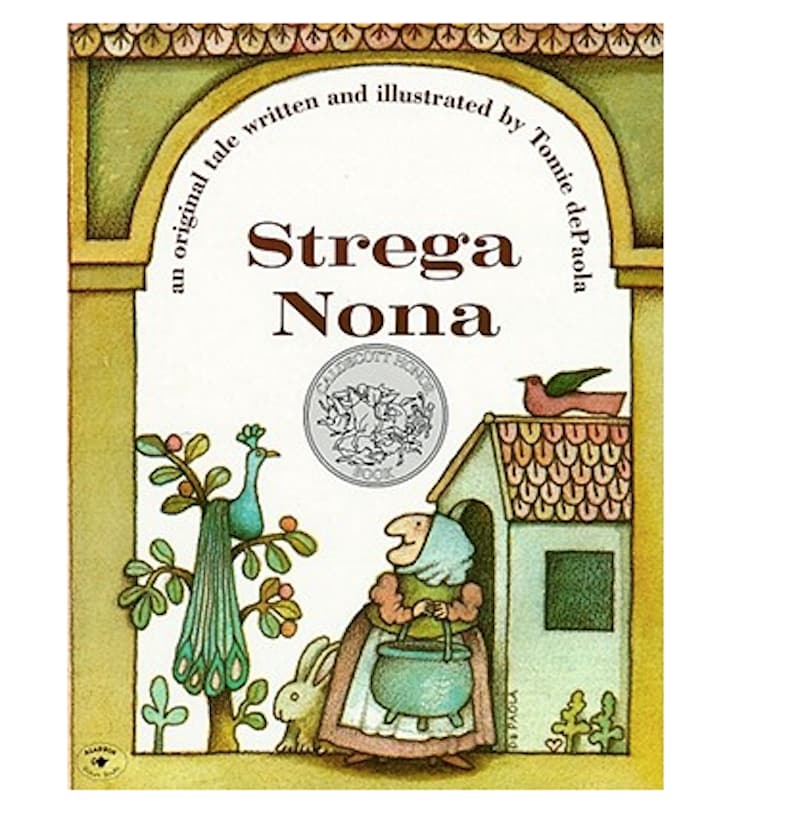
The moral of the story: People can only trust you if you do what you promise.
In this classic fable, we meet Strega Nona, the town witch who is loved by the townspeople. When she needs extra help, she hires Big Anthony as her assistant and he is warned to never touch her magical pasta pot. Unfortunately, Big Anthony does not heed her words and soon the whole town is covered in pasta!
Where to buy: “Strega Nona” ($8, Bookshop.org)
6. “The Lorax” by Dr. Seuss
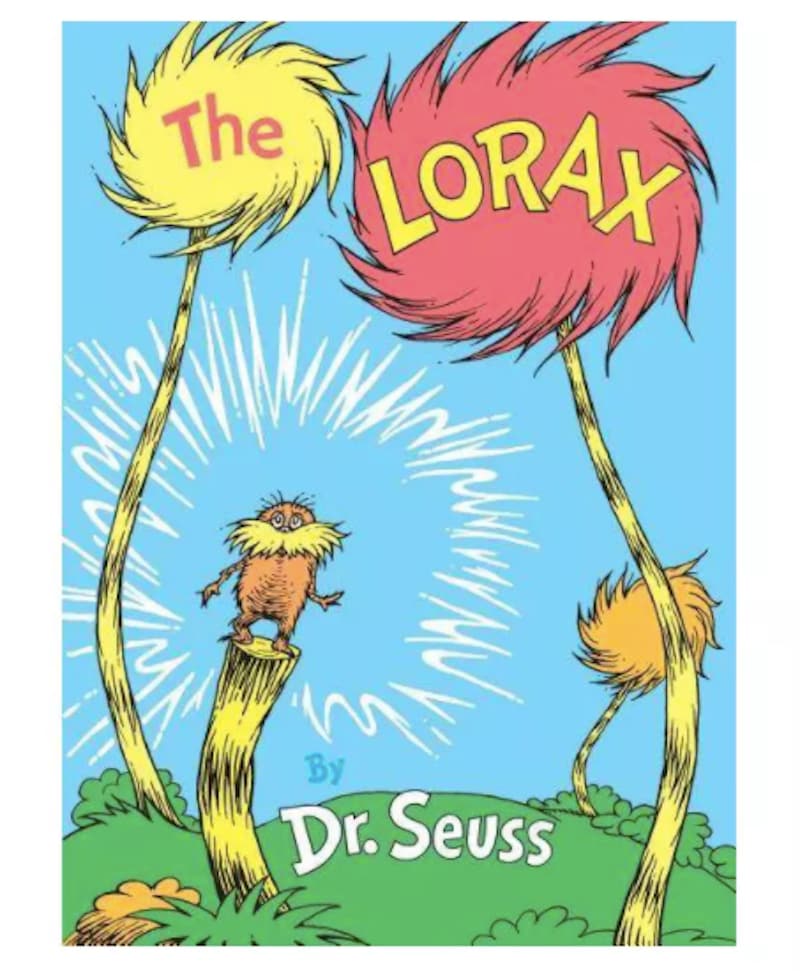
The moral of the story: A classic tale that teaches children that it’s up to each of us to care for the world around us.
In this cautionary tale, we learn about the Once-ler, who found a valley of Truffula Trees and Brown Bar-ba-loots and decided to harvest them all until there was nothing left at all.
Where to buy: “The Lorax” ($8, Target)
Value: Gratitude
7. “An Awesome Book of Thanks” by Dallas Clayton
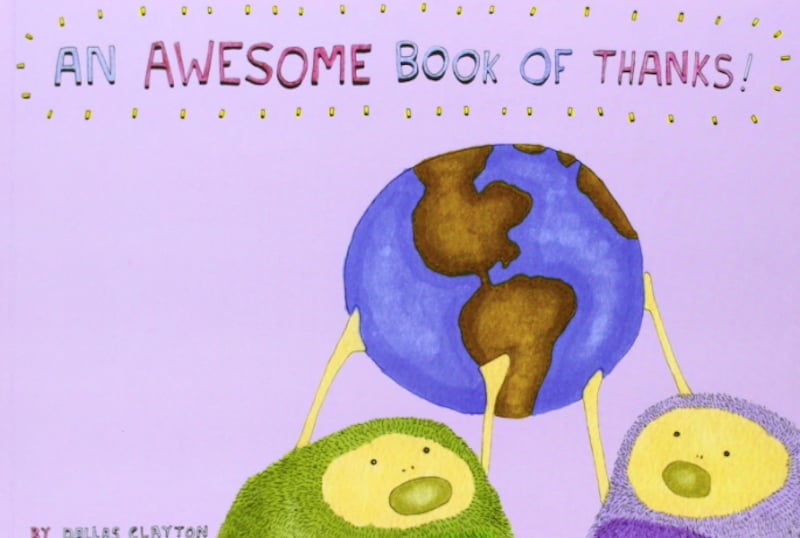
The moral of the story: We have so many wonderful reasons to be thankful in our lives every day.
Taking us through a world of magical unicorns and robotic dinosaurs, Clayton illustrates the many things one can be thankful for, big and small. The pictures are vivid and whimsical and the simple language makes it easy for young children to connect with the sweet message.
Where to buy: “An Awesome Book of Thanks” ($10, Amazon)
8. “Gratitude Soup” by Olivia Rosewood
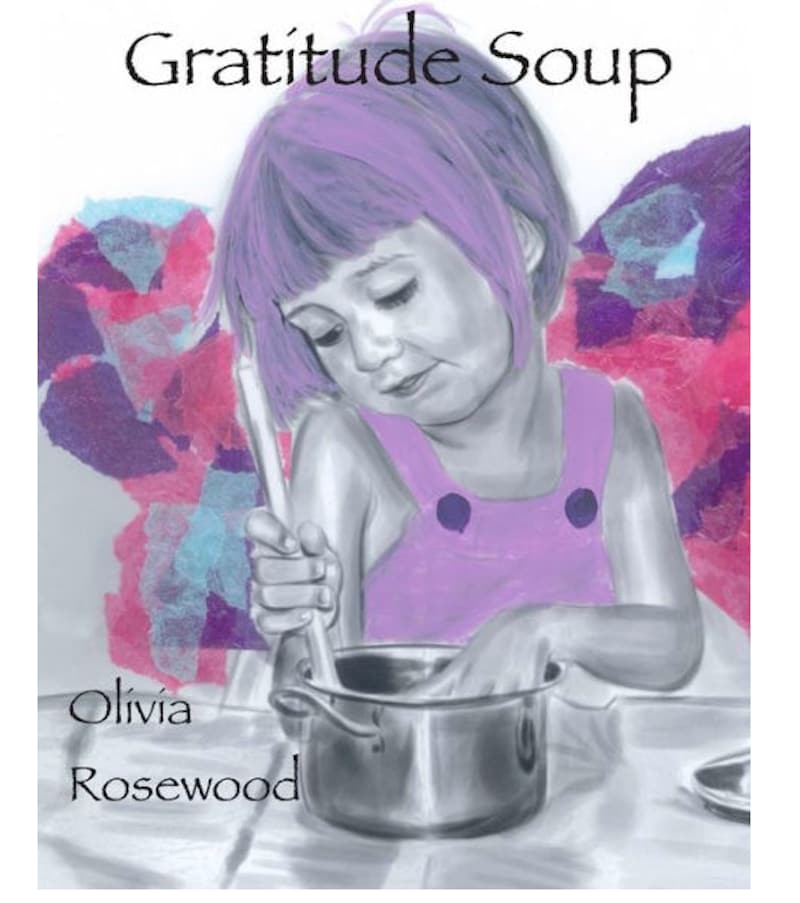
The moral of the story: Thinking about the things you are grateful for can make you a happier person.
Violet the Purple Fairy uses all the things, people and experiences that she is grateful for to make a big pot of Gratitude Soup. Using her imagination, she shrinks the pot and keeps the gratitude in her heart as she goes about her day.
Where to buy: “Gratitude Soup” ($14, Barnes and Noble)
9. “Did I Ever Tell You How Lucky You Are?” by Dr. Seuss
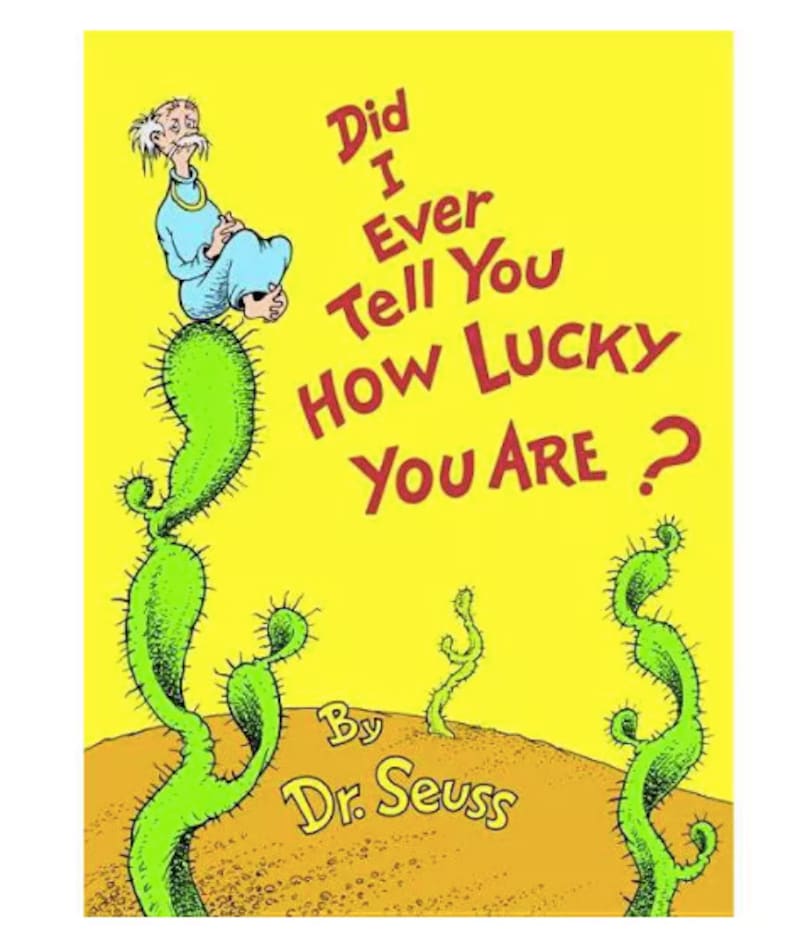
The moral of the story: Don’t dwell on the bad things in life; instead, focus on the good.
A down-in-the-dumps young child meets an old wise man in the desert, who explains to him all the ways in which he is actually very lucky.
Where to buy: “Did I Ever Tell You How Lucky You Are?” ($8, Amazon)
Value: Kindness
10. “Have You Filled a Bucket Today?” by Carol McCloud
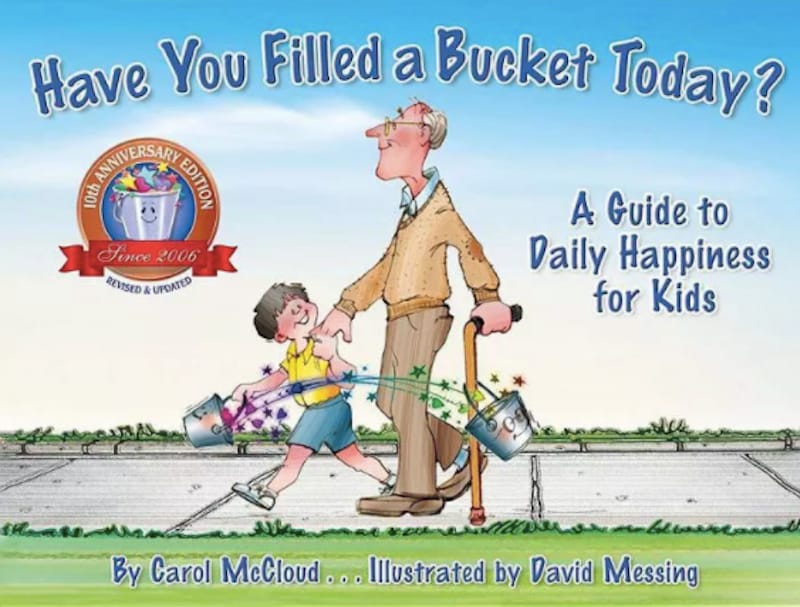
The moral of the story: Giving or receiving kindness makes you feel good — and being unkind has the opposite effect.
Teachers reach for this award winner over and over again because it resonates so well with young children. The story explains that we all have an invisible bucket that gets filled when we are kind to others or they are kind to us and is emptied when we are mean or someone is mean to us.
Where to buy: “Have You Filled a Bucket Today?” ($8, Amazon)
11. “A Sick Day for Amos McGee” by Philip C. Stead
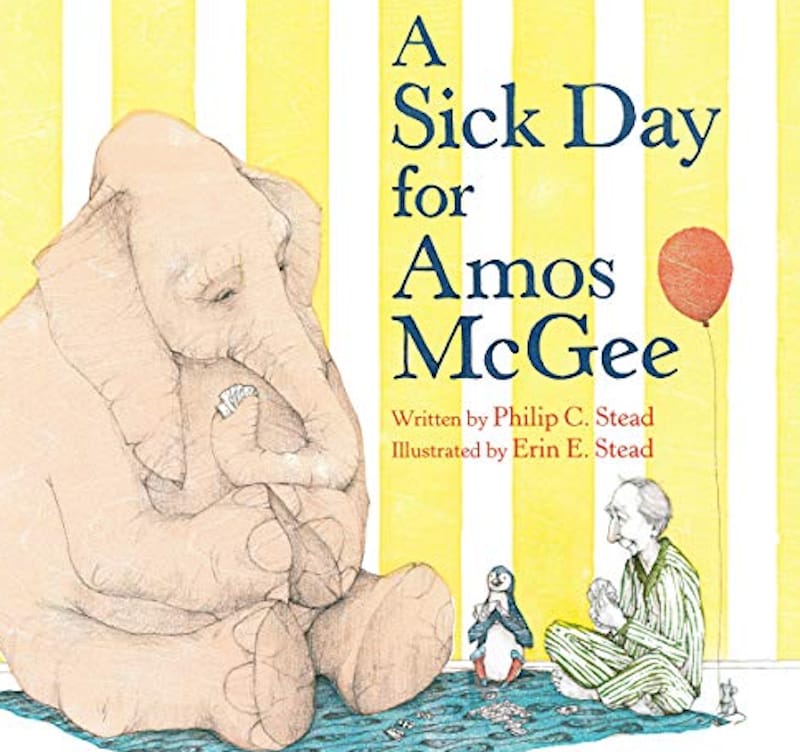
The moral of the story: Always be kind to others, and they will be kind to you.
Kindly zookeeper Amos McGee takes very good care of the animals in his zoo. One day, Amos isn’t feeling well and the animals return the favor by taking care of him.
Where to buy: “A Sick Day for Amos McGee” ($11, Books a Million)
12. “Horton Hears a Who!” by Dr. Seuss
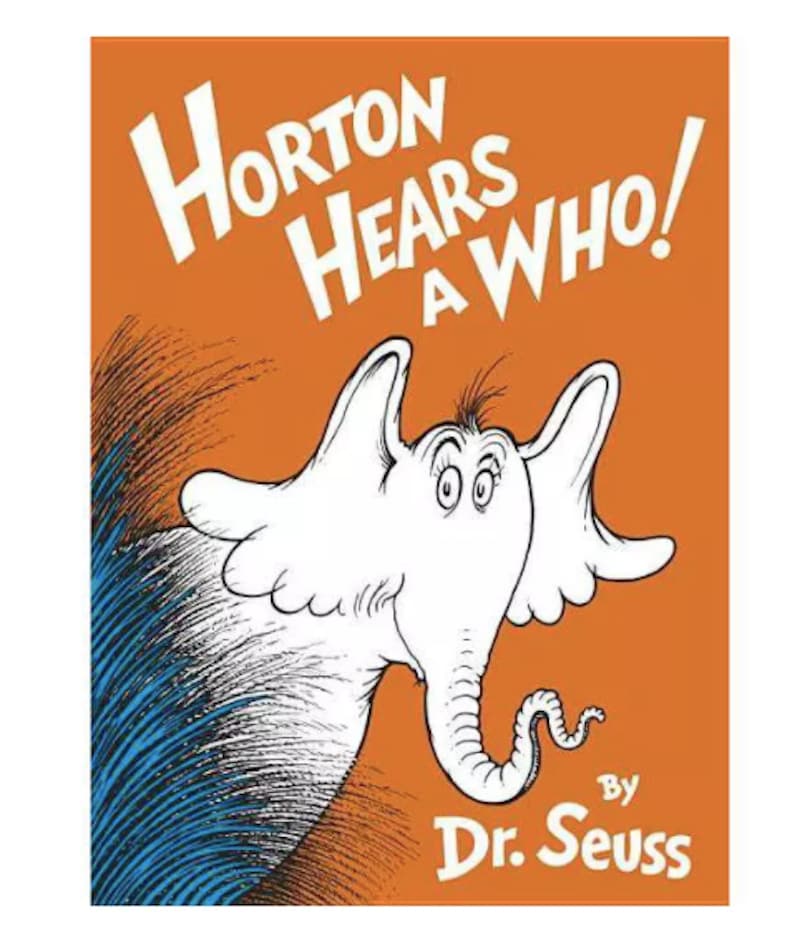
The moral of the story: Helping those who are not as big or as powerful as you is important.
Horton, a gentle elephant, hears a small voice and discovers a whole town living on a very tiny speck of dust. He goes to great lengths to protect his new friends, even though they are so small that no one else believes they even exist.
Where to buy: “Horton Hears a Who!” ($10, Amazon)
Value: Empathy
13. “The Invisible Boy” by Trudy Ludwig
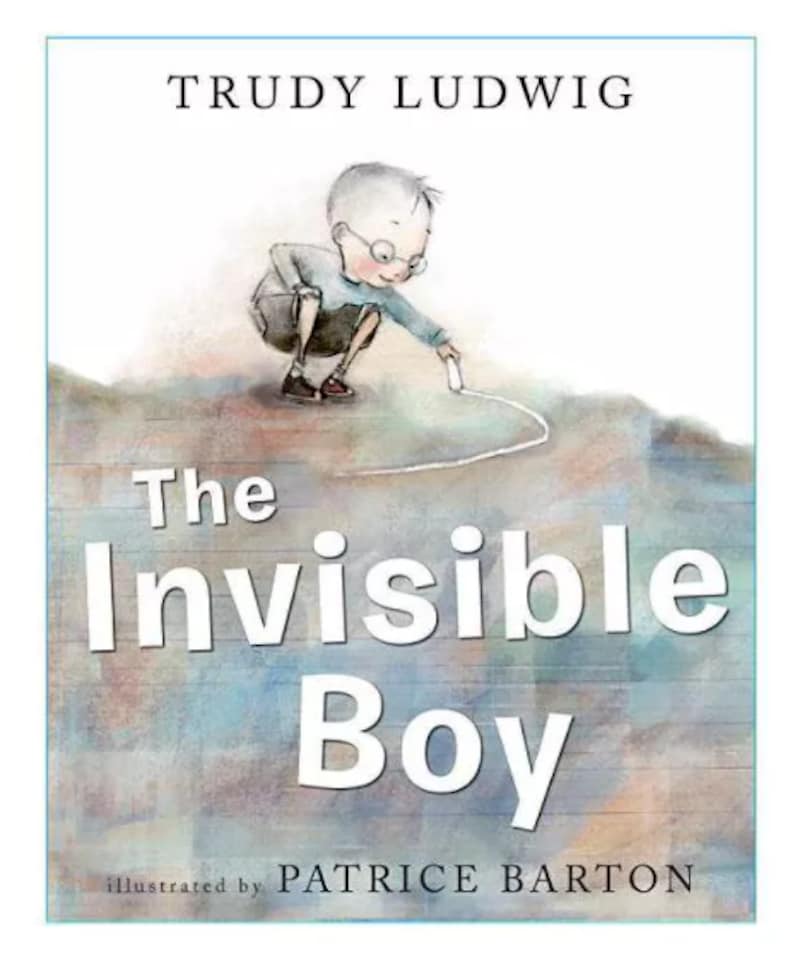
The moral of the story: It hurts to be left out. Always reach out to kids who aren’t included.
Nobody ever seems to notice Brian, and he is never included in anything with his classmates, until a new boy comes to town and decides to reach out and become his friend. This is a sensitively told story, in which Brian is first illustrated in black and white and gains color as the other kids begin to interact with him.
Where to buy: “The Invisible Boy” ($11, Amazon)
14. “Hey, Little Ant” by Phillip and Hannah Hoose
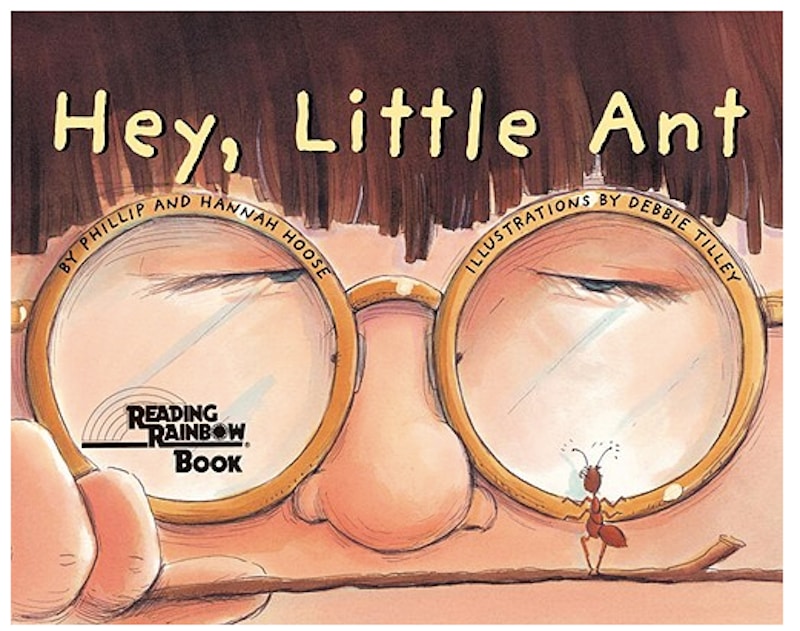
The moral of the story: Put yourself in someone else’s shoes to see how they feel.
What would you do if you were about to step on an ant and it began speaking to you? That’s the question this lyrical book asks children to contemplate when a little boy and the ant he is about to step on engage in a conversation.
Where to buy: “Hey, Little Ant” ($18, Bookshop.org)
15. “Maddi’s Fridge” by Lois Brandt
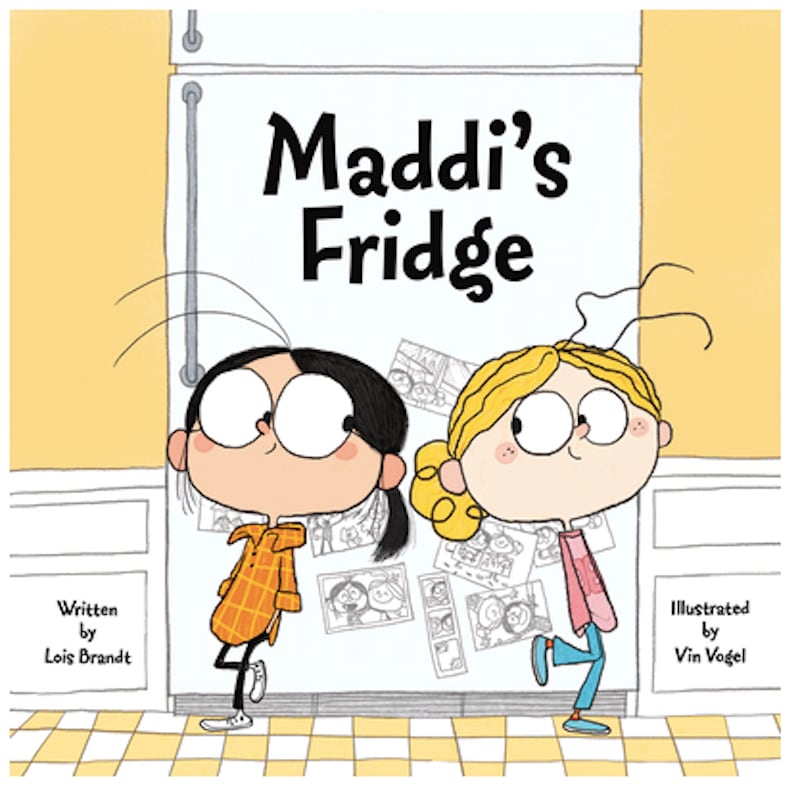
The moral of the story: There is more to people than meets the eye, and it’s important to try to truly understand what someone else’s life is like.
Sofia and Maddi are best friends. They play in the same park, live in the same neighborhood and go to the same school. They are so much alike! But while Sofia’s fridge is full of food, the fridge at Maddi’s house is empty. Brandt handles the heavy topic of poverty delicately and with humor. Her story is, at its core, one about true friendship.
Where to buy: “Maddi’s Fridge” ($7, Bookshop.org)
Values: Determination and Perseverance
16. “Beautiful Oops!” by Barney Saltzberg
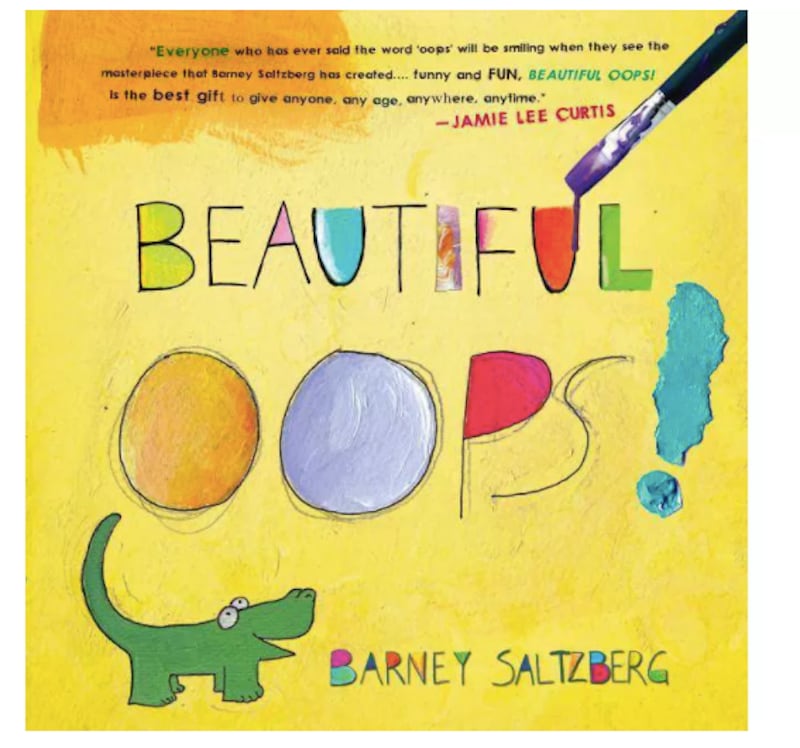
The moral of the story: It’s OK to make mistakes, as long as you keep trying.
Hooray for mistakes! This interactive book shows kids how mistakes can be turned into something beautiful just by using your imagination.
Where to buy: “Beautiful Oops!” ($12, Amazon)
17. “The Curious Garden” by Peter Brown
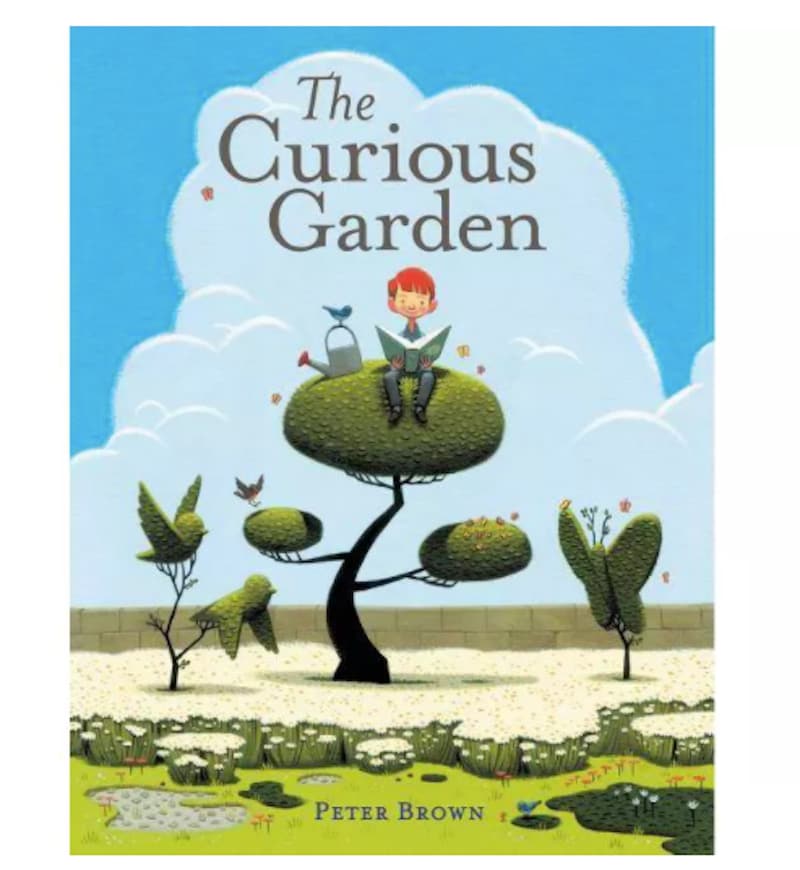
The moral of the story: Even when things seem hopeless, you can succeed in making something beautiful if you try your hardest.
A young boy living in a grey, desolate city discovers the world’s tiniest garden and works through many seasons to help it grow and thrive.
Where to buy: “The Curious Garden” ($18, Bookshop.org)
18. “The Most Magnificent Thing” by Ashley Spires
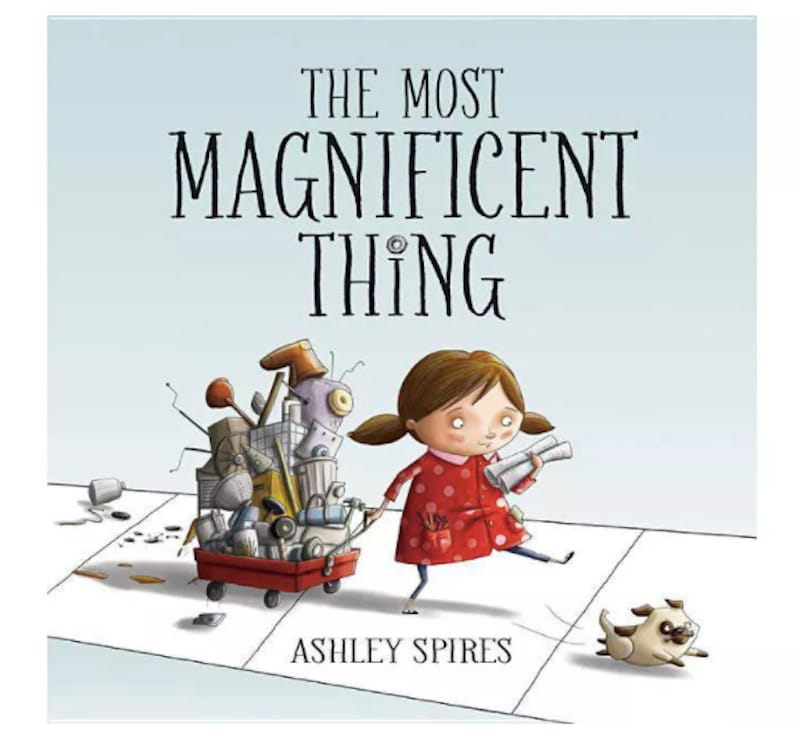
The moral of the story: Frustration is normal, but don’t let it stop you from achieving your dreams.
A little girl is excited to make the most magnificent thing, only to find herself failing over and over. Things become so dire that she quits entirely until she is convinced by her best friend to try again, and she finally gets it just right.
Where to buy: “The Most Magnificent Thing” ($11, Amazon)
Value: Generosity
19. “Should I Share My Ice Cream?” by Mo Willems
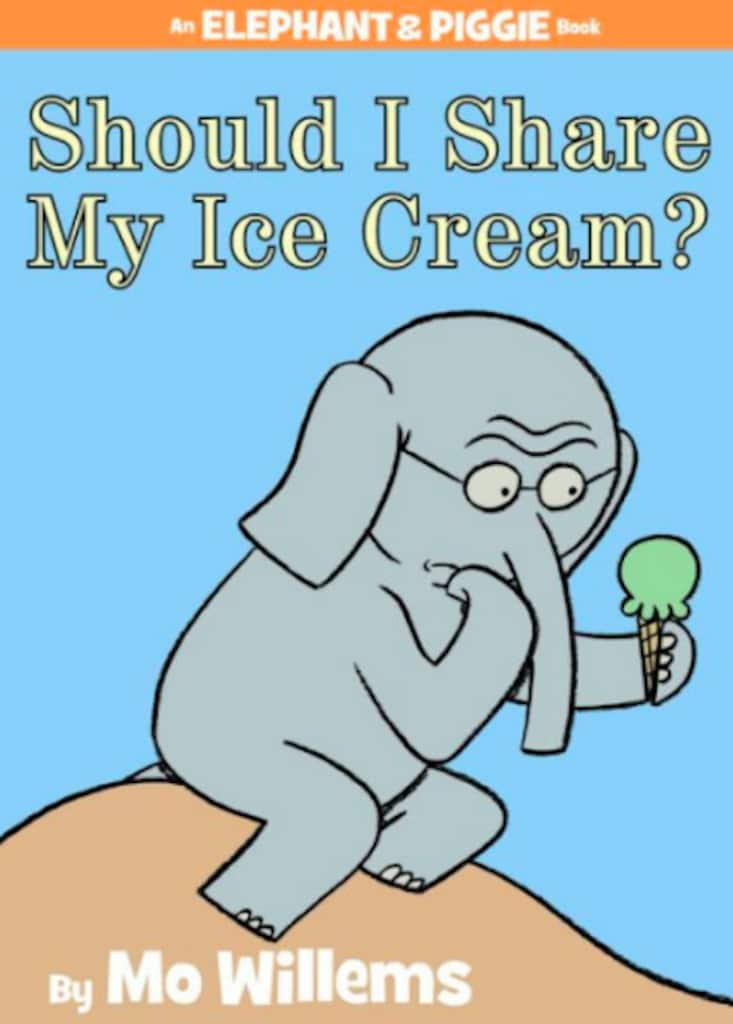
The moral of the story: Being greedy doesn’t feel good, and when you share, everyone gets to join in on the fun.
Mo Willems’ adorable friends Gerald and Piggie star in this tale about just how hard it can be to share, even with our closest friends.
Where to buy: “Should I Share My Ice Cream?” ($9, Amazon)
20. “A Chair for My Mother” by Vera B. Williams
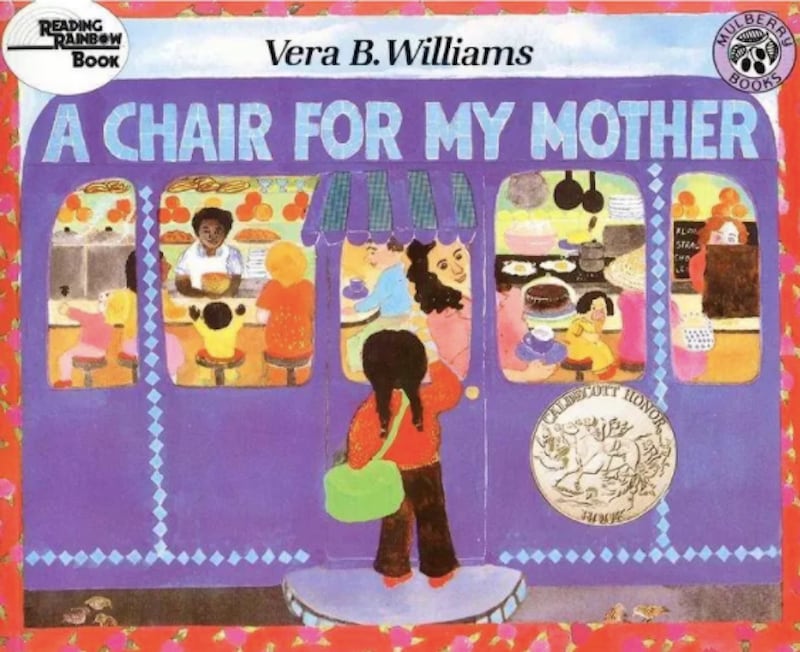
The moral of the story: When times are hard, generosity matters more than ever and can bring everyone together.
A young girl, her grandmother and her mother save all their money to buy a nice chair after their home is destroyed in a fire.
Where to buy: “A Chair for My Mother” ($9, Amazon)
21. “The Spiffiest Giant in Town” by Julia Donaldson
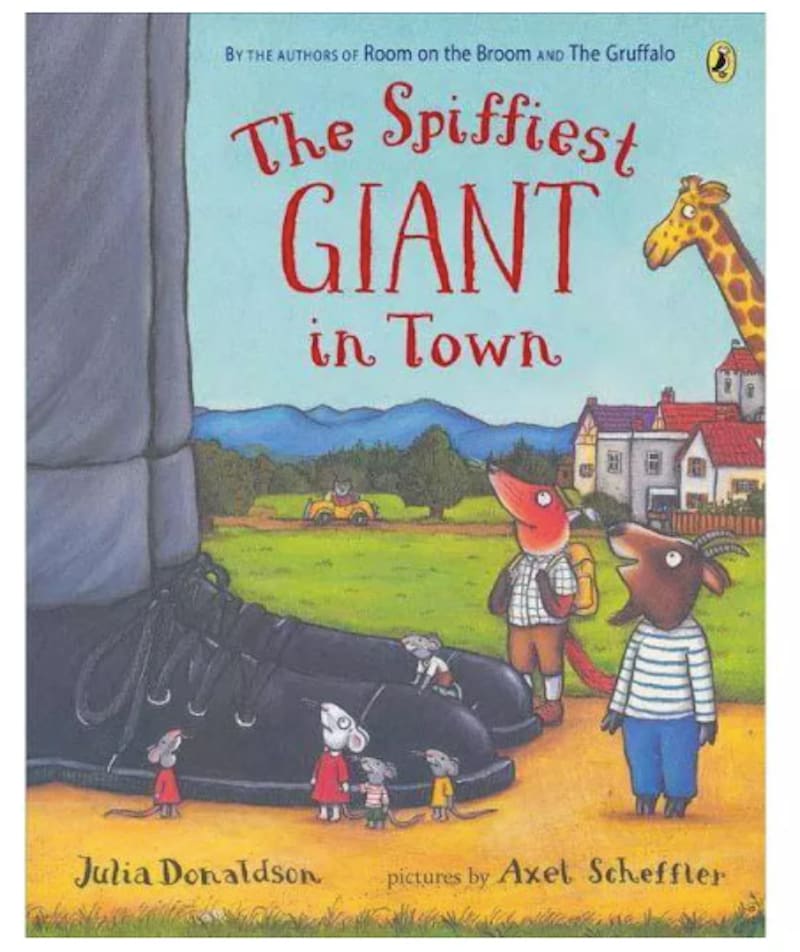
The moral of the story: What’s on the inside matters much more than what’s on the outside.
George the giant decides to buy himself a brand new wardrobe and becomes the spiffiest giant in town. On his way home, he meets animals who are in need of clothing, and he ends up giving away his entire new wardrobe.
Where to buy: “The Spiffiest Giant in Town” ($8, Amazon)
Value: Forgiveness
22. “Horrible Bear!” by Ame Dyckman
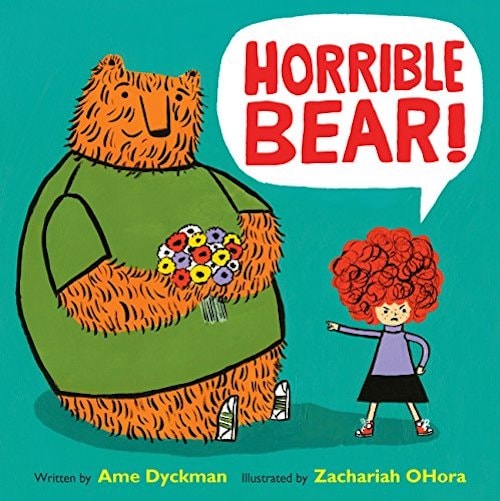
The moral of the story: No one’s perfect, so we should forgive others for their little mistakes.
After accidentally breaking a little girl’s kite and being called “Horrible Bear!”, Bear decides to go ahead and live up to his terrible new nickname. But the girl makes her own mistakes and realizes that maybe Bear isn’t so horrible after all.
Where to buy: “Horrible Bear!” ($12, Amazon)
23. “Lilly’s Purple Plastic Purse” by Kevin Henkes
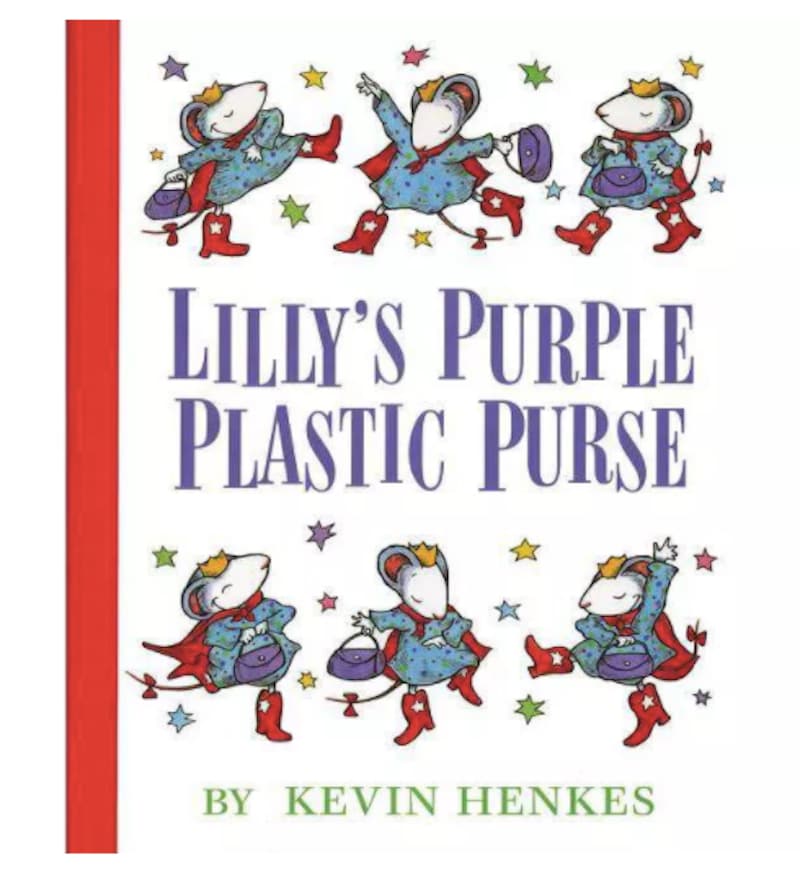
The moral of the story: Sometimes when we’re angry, we might say or do things that we regret. If we say we’re sorry, people will usually forgive us.
Lilly is so excited to bring her new purse to school and show it off to all her friends and to her favorite teacher, Mr. Slinger. But when Mr. Slinger takes her purse and asks her to wait, she is so angry that she does something she regrets.
Where to buy: “Lilly’s Purple Plastic Purse” ($13, Amazon)
24. “The Berenstain Bears and the Forgiving Tree” by Jan and Mike Berenstain
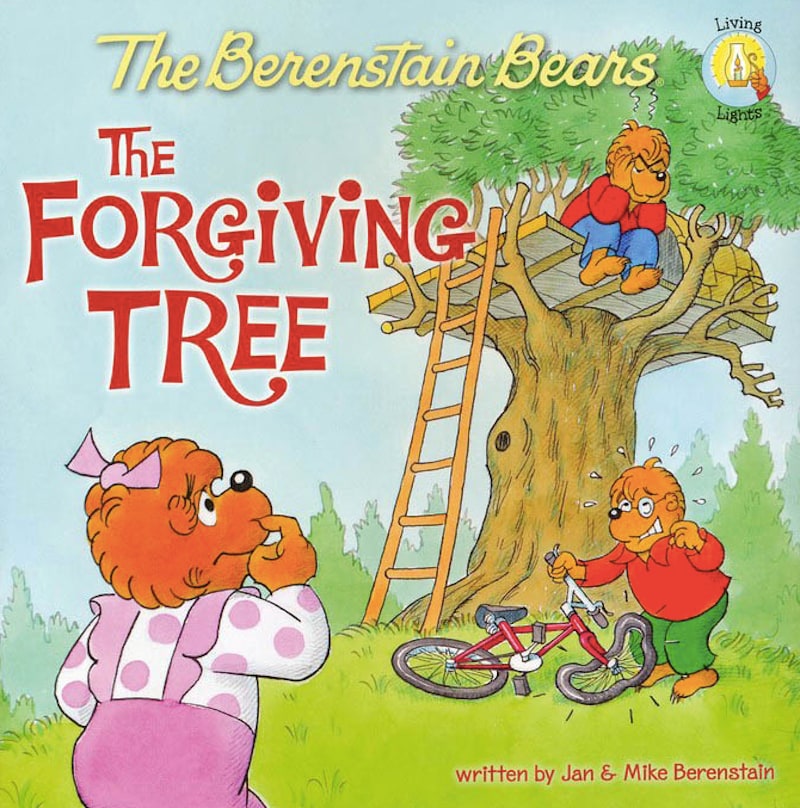
The moral of the story: Other people can make mistakes that upset us, and it’s important to forgive them when they say they’re sorry.
Cousin Fred accidentally damages Brother Bear’s bike, and he is very angry. Sister Bear does her best to make him see it was an accident and he should forgive his cousin.
Where to buy: “The Berenstain Bears and the Forgiving Tree” ($4, Amazon)
Value: Respect
25. “My Mouth Is a Volcano!” by Julia Cook
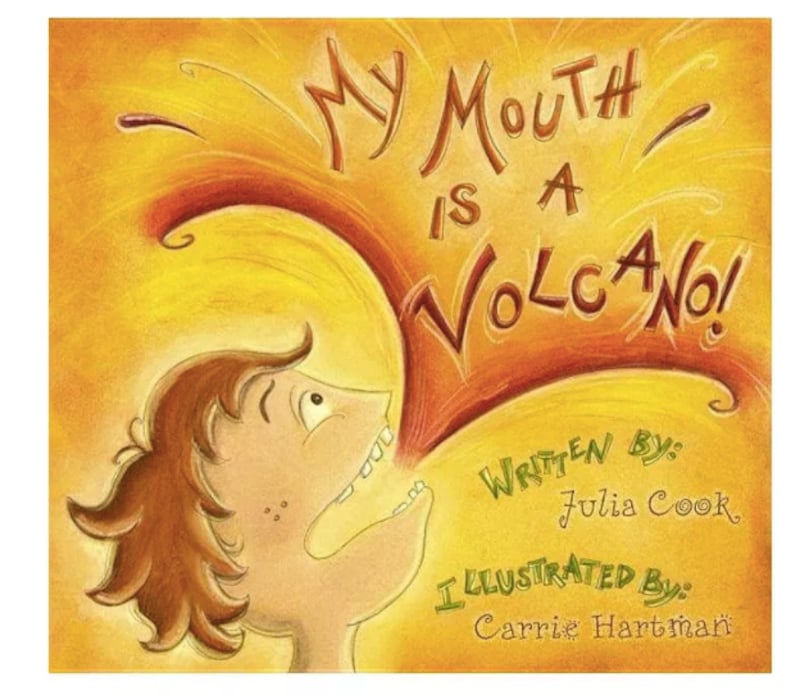
The moral of the story: Everyone’s words are as important as our own, so we should respect others enough to wait our turn to speak.
Louis has many important thoughts, and he needs to get them out! In fact, they need to come out so badly that his tongue pushes all the words up against his teeth until he erupts and disturbs everyone around him.
Where to buy: “My Mouth Is a Volcano!” ($9, Amazon)
26. “Do Unto Otters” by Laurie Keller
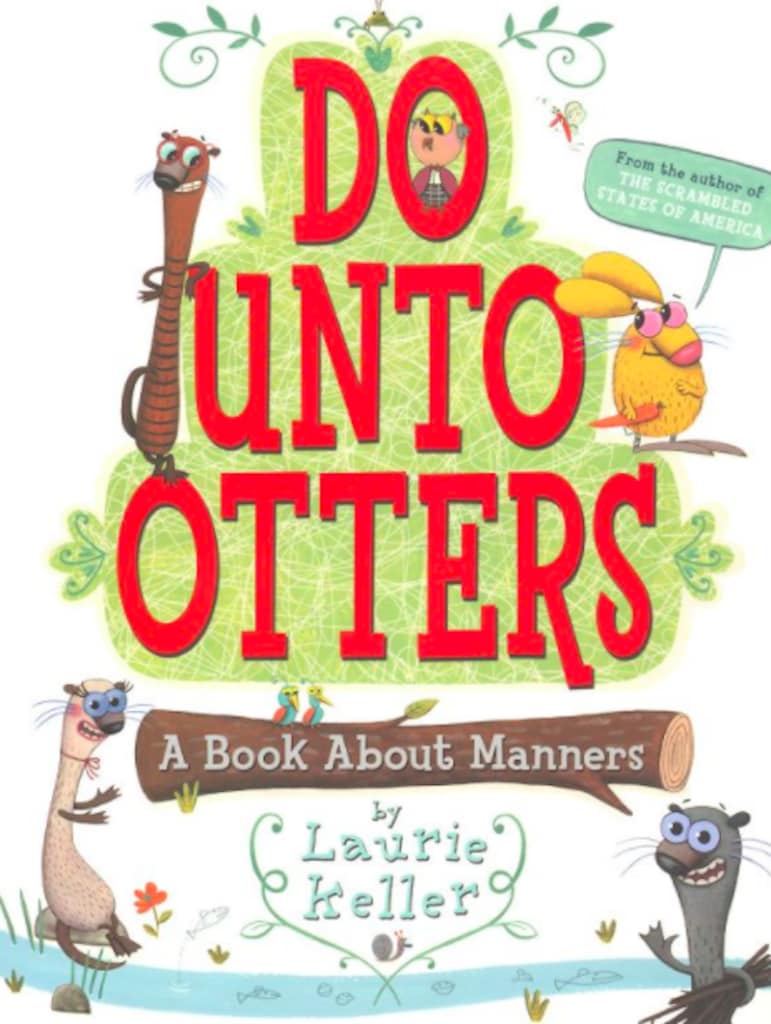
The moral of the story: The simple Golden Rule — treat others the way you would like to be treated.
Mr. Rabbit has new neighbors, who are otters, but he doesn’t know anything about otters and isn’t sure how he is supposed to act around them. Mr. Owl advises him to treat them as he would like to be treated, and we see Mr. Rabbit reflects on what this means throughout the story.
Where to buy: “Do Unto Otters” ($8, Rainbow Resource Center)
27. “Personal Space Camp” by Julia Cook
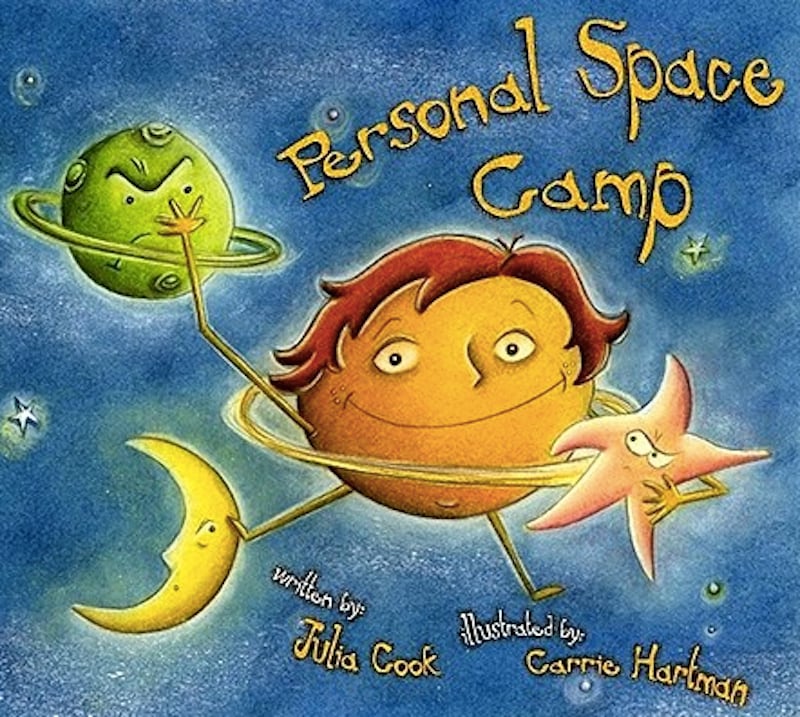
The moral of the story: Everyone has the right to be as close or as far from others as they would like — and we need to respect their preferences.
Louis is back, and this time he’s learning about personal space. When his teacher sends him to the principal’s office for Personal Space Camp, Louis gets a lesson in respecting the physical boundaries of other people. This book handles a complicated concept deftly and with great humor.
Where to buy: “Personal Space Camp” ($8, Amazon)
